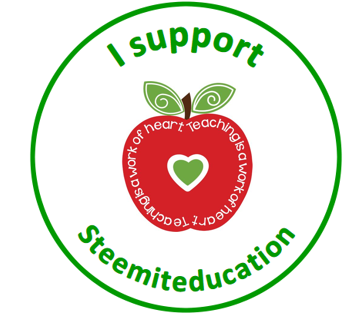This post was inspired by a recent article my sister, @sweetepea, added to her blog entitled “National Child Protection Week In South Africa: How You Can Help”. In this post she highlights a few things that we as adults can do to protect kids around the world, using this week to spread awareness. One of the points that stood out to me, one that I have never given much thought to before, is how the use of harmful substances while pregnant is a form of abuse on unborn babies.
In this informed world we lived in, the majority of first world countries are at some point educated on the harm substances like alcohol, cigarettes and drugs can have on one’s bodies. This does not only affect our own bodies however, it effects the development of unborn foetuses both directly and indirectly. In South Africa the Department of Social Services regards this as a form of child abuse, even though the child has not yet been born.

How Can Substance Abuse Harm Unborn Babies?
A pregnant woman and her baby are connected by the placenta and umbilical cord. Almost everything that enters her body will be shared with the baby. This means that any drugs, cigarette smoke and alcohol one uses will be consumed by the growing foetus. A foetus is very sensitive to drugs and can’t eliminate them as effectively as an adult can. Consequently, the chemicals can build up to extremely high levels in the baby's system and cause permanent damage. This damage can include:
- miscarriage
- stillbirth
- small size
- low birth weight
- premature birth
- birth defects
- sudden infant death syndrome
- drug dependency in the baby
How Can We Help Stop This Abuse?
This is such a tricky subject. Sometimes individuals are so dependent on substances that the don’t realise the harm they are causing, or no one has educated them on substance abuse while pregnant. At the same time, pregnant women who might want to seek help might fear the law, social services, judgment from others, or lack of child care while in treatment.
We can help by first of all, not judging. Secondly, if we do feel like someone is abusing substances while pregnant, we can encourage and help them to seek professional counsel. Teachers, health care providers and even parents need to educate kids and students (and even other adults) on the dangers of substance abuse as a whole, including raising awareness of how it can cause short term and long-term harm to unborn babies.
In Conclusion.
While it’s a subject that needs us to tread lightly and often we find it easier to stay ignorant, if we are going to be a voice to our vulnerable children, it is one that needs to be approached because abusing substances like alcohol, cigarettes and drugs while pregnant can in fact be regarded as child abuse, even if the baby has not yet been born.

